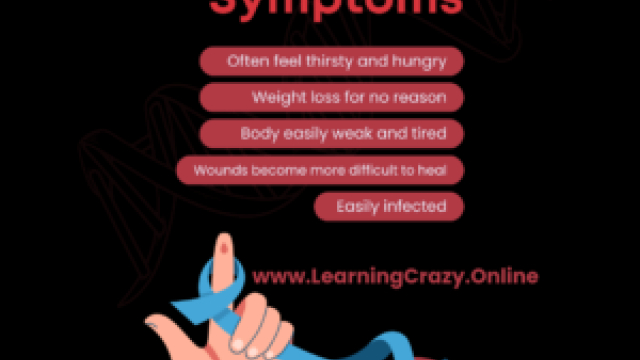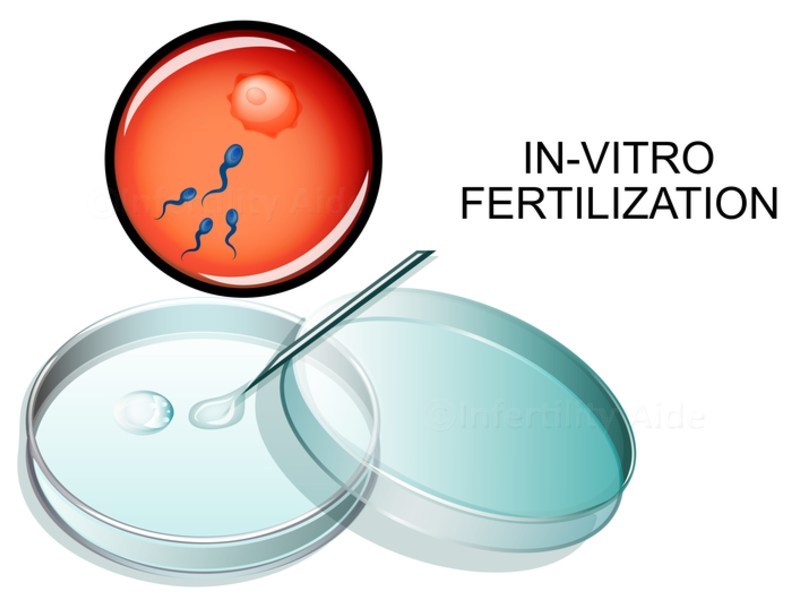Introduction
Welcome to our comprehensive guide on diabetes, where we will explore this widespread medical condition in detail. Diabetes is a chronic metabolic disorder that affects millions of people worldwide. In this article, we will delve into the symptoms, causes, and various aspects of diabetes to provide you with valuable insights and understanding. Our goal is to equip you with the knowledge you need to better manage diabetes, whether you’re a patient, a caregiver, or someone seeking to learn more about this condition.
Understanding Diabetes
Diabetes is a complex health issue that impacts how our bodies process glucose, a type of sugar that serves as the primary source of energy for our cells. When we consume food, our bodies break down carbohydrates into glucose, which enters the bloodstream. To allow glucose to enter the cells and be used as energy, insulin, a hormone produced by the pancreas, plays a crucial role.
Types of Diabetes
There are three main types of diabetes:
1. Type 1 Diabetes
Type 1 diabetes is an autoimmune disease in which the immune system mistakenly attacks and destroys the insulin-producing cells in the pancreas. This condition leaves individuals with little to no insulin, necessitating daily insulin injections to regulate blood sugar levels. Type 1 diabetes is commonly diagnosed in childhood or early adulthood, and patients require lifelong management.
2. Type 2 Diabetes
Type 2 diabetes, the most prevalent form, typically occurs in adulthood. In this condition, the body either resists the effects of insulin or does not produce enough insulin to meet the body’s needs. Lifestyle factors such as sedentary habits, poor dietary choices, and obesity contribute significantly to the development of type 2 diabetes.
3. Gestational Diabetes
Gestational diabetes affects some pregnant women, usually occurring in the second or third trimester. Hormonal changes during pregnancy can lead to insulin resistance, resulting in elevated blood sugar levels. Although gestational diabetes usually resolves after childbirth, affected women have a higher risk of developing type 2 diabetes later in life.
Symptoms of Diabetes
The symptoms of diabetes can vary depending on the type and the individual’s overall health. Some common symptoms include:
- Frequent Urination: Excess glucose in the bloodstream may cause the kidneys to work overtime, leading to increased urination.
- Excessive Thirst: Frequent urination can cause dehydration, leading to increased thirst.
- Unexplained Weight Loss: In type 1 diabetes, the body may break down muscle and fat for energy when it cannot access glucose from the bloodstream.
- Fatigue: Insufficient glucose in the cells can result in constant tiredness and lack of energy.
- Blurred Vision: High blood sugar levels can affect the lenses of the eyes, causing vision problems.
- Slow Healing of Wounds: Diabetes can impede the body’s ability to heal properly.
It is crucial to note that some people with type 2 diabetes may not exhibit any noticeable symptoms initially, highlighting the importance of regular check-ups and screening.
Causes of Diabetes
Type 1 Diabetes
The exact cause of type 1 diabetes remains unknown, but researchers believe that genetic predisposition and environmental factors contribute to its development. Certain viruses or infections may trigger the autoimmune response that attacks the insulin-producing cells.
Type 2 Diabetes
Type 2 diabetes is strongly linked to lifestyle factors and genetics. Poor dietary choices, lack of physical activity, and obesity increase the risk of developing insulin resistance, leading to type 2 diabetes.
Gestational Diabetes
The hormonal changes during pregnancy can lead to insulin resistance, resulting in gestational diabetes. While the exact cause is not fully understood, hormonal fluctuations are thought to play a significant role.
Managing Diabetes
Diabetes management involves a multifaceted approach that includes:
1. Blood Sugar Monitoring
Regularly monitoring blood sugar levels is essential for individuals with diabetes to ensure they remain within the target range. This information helps them make informed decisions about their food choices, physical activity, and medication.
2. Healthy Diet
A balanced and nutritious diet is fundamental in diabetes management. Foods rich in fiber, whole grains, lean protein, and healthy fats can help stabilize blood sugar levels and promote overall well-being.
3. Physical Activity
Regular exercise enhances insulin sensitivity and assists in maintaining a healthy weight. It also contributes to better cardiovascular health, which is vital for people with diabetes, as they have a higher risk of heart-related complications.
4. Insulin and Medication
For individuals with type 1 diabetes and some cases of type 2 diabetes, insulin injections or oral medication may be necessary to regulate blood sugar levels effectively.
5. Education and Support
Living with diabetes can be challenging, and seeking education and support from healthcare professionals, support groups, or online communities can make a significant difference in managing the condition.
Preventing Diabetes
While type 1 diabetes cannot be prevented due to its autoimmune nature, type 2 diabetes and gestational diabetes can often be avoided or delayed through lifestyle modifications. Here are some preventive measures:
1. Maintain a Healthy Weight
Losing excess weight, if overweight or obese, significantly reduces the risk of developing type 2 diabetes. Even a modest weight loss can have substantial benefits.
2. Adopt a Balanced Diet
Eating a diet rich in fruits, vegetables, whole grains, and lean proteins while limiting processed foods and sugary beverages can help prevent type 2 diabetes.
3. Stay Active
Regular physical activity, such as brisk walking, cycling, or swimming, can reduce the risk of type 2 diabetes. Aim for at least 150 minutes of moderate-intensity exercise per week.
4. Get Regular Check-ups
Regular health check-ups can help identify any early signs of diabetes or other health issues, enabling timely intervention.
Conclusion
In conclusion, diabetes is a prevalent medical condition that requires careful management to lead a healthy and fulfilling life. By understanding the different types of diabetes, recognizing its symptoms, and adopting preventive measures, individuals can take charge of their health and reduce the risk of complications.
FAQs about Diabetes
- Can diabetes be cured? Diabetes cannot be cured, but it can be managed effectively through lifestyle changes, medication, and insulin therapy.
- Is diabetes only caused by a poor diet? While an unhealthy diet is a contributing factor, genetics, lifestyle, and other factors play a significant role in diabetes development.
- Can gestational diabetes lead to type 2 diabetes? Women who had gestational diabetes have a higher risk of developing type 2 diabetes later in life.
- Can children get diabetes? Yes, children can develop both type 1 and type 2 diabetes.
- Can exercise reverse type 2 diabetes? Regular exercise and a healthy lifestyle can improve insulin sensitivity and help manage type 2 diabetes effectively.
- Is diabetes contagious? No, diabetes is not contagious. It is a non-communicable condition.




